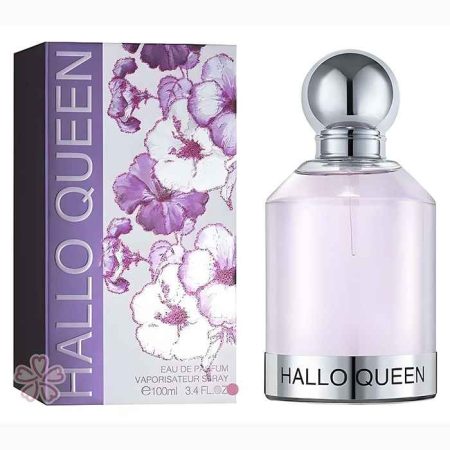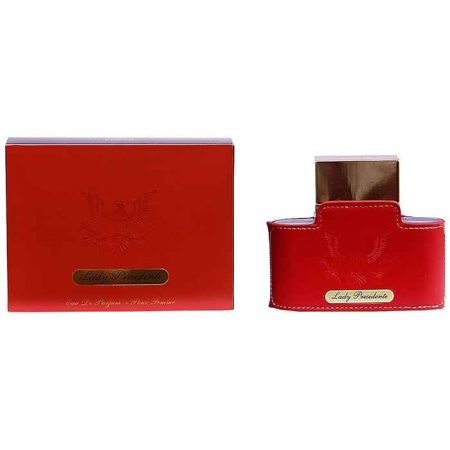The world of fragrances is an enchanting realm filled with diverse scents that can evoke memories, moods, and emotions. To navigate this aromatic landscape, perfumers and enthusiasts categorize perfumes into distinct fragrance families. Each family has unique characteristics that define the overall scent experience. In this blog post, we’ll delve into the major fragrance families—Floral, Woody, Oriental, and Fresh—and explore what makes each one special.
Floral Fragrances
Characteristics
Floral fragrances are among the most popular and varied categories. As the name suggests, these scents are dominated by flower notes. They can be single-flower compositions (soliflore) or a bouquet of various flowers.
Key Notes
Common floral notes include rose, jasmine, lily, tuberose, and violet. Depending on the blend, floral fragrances can range from light and airy to rich and opulent.
Subfamilies
- Soft Floral: These are often powdery and sweet, featuring notes like iris and heliotrope.
- Floral Aldehydic: This subfamily combines floral notes with aldehydes, giving a sparkling and soapy quality.
- Floral Green: Incorporates green notes like leaves and stems for a fresher, more natural feel.
Examples
Classic examples of floral fragrances include Chanel No. 5 (Floral Aldehydic) and Dior J’adore (Floral Fruity).
Also read: A Guide to the Fragrances Families.
Woody Fragrances
Characteristics
Woody fragrances exude warmth, depth, and elegance. They are grounded in notes derived from trees, bark, and roots, often providing a sense of stability and sophistication.
Key Notes
Key woody notes include sandalwood, cedarwood, vetiver, and patchouli. These can be dry, creamy, or earthy, depending on the composition.
Subfamilies
- Woody Spicy: Combines woody notes with spices like cinnamon, nutmeg, and pepper.
- Woody Oriental: Features a blend of woody and sweet, resinous notes such as amber and incense.
- Mossy Woods: Known as chypre, this subfamily includes notes of oakmoss, citrus, and patchouli.
Examples
Iconic woody fragrances include Tom Ford Oud Wood (Woody Oriental) and Terre d’Hermès (Woody Spicy).
Oriental Fragrances
Characteristics
Oriental fragrances are rich, warm, and sensual, often incorporating exotic and luxurious ingredients. They evoke a sense of mystery and opulence.
Key Notes
Common notes include amber, vanilla, spices (like cinnamon and cardamom), and resins. These elements create a sweet, spicy, and sometimes smoky aroma.
Subfamilies
- Soft Oriental: Softer and often powdery, with notes like vanilla, amber, and musk.
- Oriental Floral: Blends exotic flowers with rich oriental notes, resulting in a sweet and spicy floral scent.
- Woody Oriental: Mixes deep woods with the warm, sweet notes typical of oriental fragrances.
Examples
Notable oriental fragrances include Yves Saint Laurent Opium (Soft Oriental) and Guerlain Shalimar (Oriental).
Fresh Fragrances
Characteristics
Fresh fragrances are clean, invigorating, and often associated with a sense of vitality and energy. They are perfect for daytime wear and warmer climates.
Key Notes
Typical notes include citrus fruits (like lemon, bergamot, and grapefruit), aquatic or marine notes, and green notes such as grass and leaves.
Subfamilies
- Citrus: Dominated by bright, zesty notes from citrus fruits.
- Green: Features fresh-cut grass, herbs, and leafy notes for a crisp, natural scent.
- Aquatic: Evokes the sea with marine notes, often combined with citrus and floral elements.
Examples
Popular fresh fragrances include Dolce & Gabbana Light Blue (Citrus) and Davidoff Cool Water (Aquatic).
Conclusion
Understanding fragrance families can greatly enhance your ability to choose a perfume that suits your preferences and the occasion. Whether you’re drawn to the romantic allure of floral scents, the grounding nature of woody aromas, the exotic warmth of oriental fragrances, or the refreshing zest of fresh perfumes, there’s a fragrance family for everyone.
Next time you’re exploring the fragrance counter, remember these families and their distinctive traits—they can guide you to your perfect scent match, making your fragrance journey all the more enjoyable.











Leave a comment